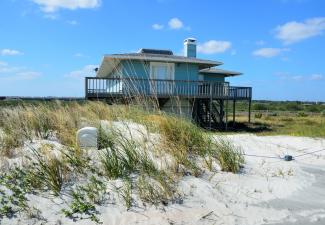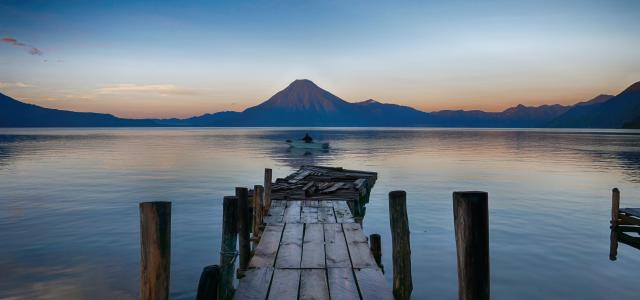
Pros and Cons of Buying a Summer Vacation Home
Ask most Americans if they have a vision for their retirement years and you are bound to hear similar answers. Now, ask those same people what their exact vision for retirement is and you are bound to start getting some differing responses. One popular investment for Americans retired or not is a summer vacation home. This home away from home offers respite from the everyday hustle and bustle in a new setting with exciting, new opportunities for adventure. Rather than worrying about where that summer vacation home should be located, you should be thinking about the pros and cons of making such an investment. If you have not already considered this, here are a few pros and cons of summer vacation homes to get your mind thinking.
Pros
Rental Unit
The first pro to buying a summer vacation home is the fact that it could pay for itself over time. If you decide to rent out the home through Airbnb, Hometogo.com, or any number of other home rental websites, you could charge other vacationers nominal rates to use your home instead of a hotel. That money can help offset the costs of owning a vacation home or even help you come out ahead on your monthly income.
Retirement Home in a Vacation Area
Buying a summer vacation home in a place you frequently visit could help save you money over time. Rather than constantly renting hotel rooms and paying for airfare, you could visit your own home located in your favorite vacation area and simply drive there instead. This will not entirely offset the cost of ownership of course, but it can lower the expense of family vacations. As mentioned above, buying in a popular vacation area can also help you earn more income by renting the unit out when you are not present to enjoy it.
Long-Term Investment
Unlike owning a rental unit, such as a home, condo, townhome, multiplex, or apartment, where you live and work, owning a summer vacation home in a desirable location could be a valuable long-term investment. While a second home in a city is often confined to rental rates befitting the area, owning a summer vacation home in a popular tourist destination gives you the flexibility to charge premium rates for the use of the property by guests. In this way, a summer vacation home is a more valuable long-term investment than a traditional dwelling or primary residence.
Tax Deduction
If you choose to rent out your summer vacation home when you are not using it, you can deduct the mortgage interest and property taxes for that second home from your gross income. Assuming it does not break your budget, buying a summer vacation home could help further lower your taxes each year.
Cons
Major Purchase
Whether it is your first house or your third, buying a home is still a major purchase. Even with low mortgage rates, US News points out that in 2014 some 30% of vacation homebuyers had to pay cash for their second home because it is hard to qualify for a loan on a second home. Getting a mortgage is one thing, but spending that kind of money upfront is an entirely different challenge for many that can result in a greater negative than positive impact.
Expenses
One thing most people overlook is the expenses of owning a second home. You do not pay for utilities and extras like cable or WiFi when you stay at a hotel, but if you want all of these creature comforts in a summer vacation home, that expense is coming out of your pocket each month on top of what you already spend.
Reduction of Investment Options
Buying a summer vacation home, as discussed above, can be a great investment. However, given the cost of a second home, you are not likely to find yourself with a lot of disposable income to invest in other opportunities. In this way, you are risking diversification of your investments for the hope of a grander payoff sometime in the future if you sell the summer home or your current primary residence.
Risk in Value
The biggest con in buying a summer vacation home is the risk in value. While home values for primary residences ebb and flow, sometimes dramatically, with the markets, vacation homes move up and down in value more drastically. If the area remains viable and economically vibrant, the home's value to you and as a rental unit when not in use remains high. However, when economic hard times hit, the demand for vacation rentals tends to become nonexistent. In this case, you will lose value in the home, struggle to rent it out for any cash flow, and face much greater difficulty in trying to unload the property.
Buying a summer vacation home seems like the ideal move ahead of retirement. Before you make any choices though, make sure you consider the pros and cons of such a decision. Your advisor at Hughes Warren can help you weigh all your options before choosing the best path.

